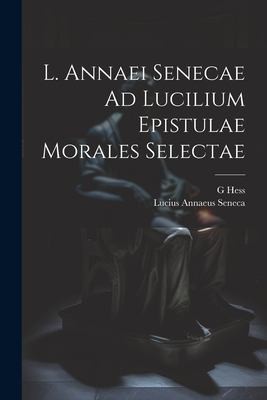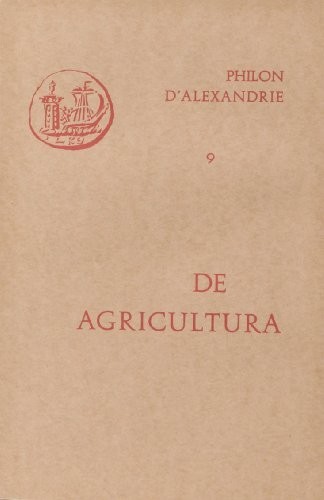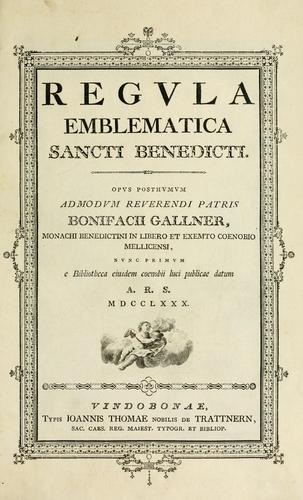15
audiobooks
- Eclogae (dramatic reading)

- Poetry
- Bible (Biblia Sacra Vulgata) 19: Psalmi XXII

- Religion
- Historia Apollonii Regis Tyri

- Humorous fiction
- Versio Latina (Homeri Odyssea) Liber VI

- Classics (antiquity)
- Poetry
- De Bello Gallico Libri Septem

- Antiquity
- War & military
- Aeneidis Libri XII

- Classics (antiquity)
- Epics
- De Rerum Natura

- Ancient
- Poetry
- Science
- Georgica

- Classics (antiquity)
- Historical fiction
- Poetry
- Epistulae Morales Selectae

- Ancient
- De Agricultura

- Suspense, espionage, political & thrillers
- Confessionum Libri Tredecim

- Biography & autobiography
- Imitatione Christi

- Christianity - other
- Regula Sancti Benedicti

- Christianity - other
- Consolatione Philosophiae

- Philosophy
- Selectae Fabulae Aesopi, or Select Fables of Aesop

- Myths, legends & fairy tales
